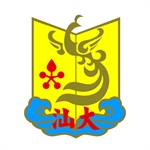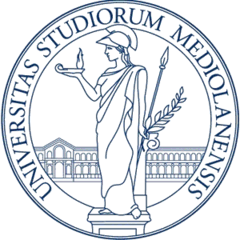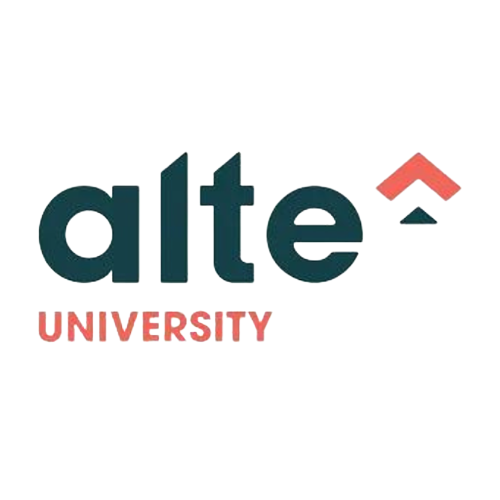📖Program Curriculum
PROGRAMME STRUCTURE
The BVMS programme is based on integration of clinical and science subject areas and is delivered using a range of teaching methods The spiral course structure means that you will revisit topics as you progress through the programme each time with increasing clinical focus In conjunction there is a vertical theme of professional and clinical skills development to help you acquire the personal qualities and skills you will need in professional environments Through individual team-working and student-centred active learning approaches you will develop the skills required for lifelong independent learning
FOUNDATION PHASE YEARS 1 AND 2
In the first two of the programme you will acquire fundamental knowledge and develop the skills and attitudes on which the following of your training are based During this initial phase you will relate the anatomy and physiology of the body systems to health and disease in domestic animals as well as looking at the underlying cellular process involved You will gain an insight into common husbandry practice and animal breeding and how these impact on the animals we care for Your professional training starts at the beginning of 1 as you begin classes in fundamental animal-handling techniques learn skills such as suturing and develop your communication skills building a solid foundation in the art of history taking clinical examination and clinical reasoning
At the end of the foundation phase you will have a sound working knowledge of healthy domestic animals with an introduction to the mechanisms of disease You will be developing independent learning strategies and you will have developed the fundamental personal skills you will require as you move towards learning based more in professional environments
CLINICAL PHASE YEARS 3 AND 4
The aim of the clinical phase is to build on the foundation phase to provide a broad training in key areas of veterinary professional practice with a focus on common and important problems and presentations encountered in veterinary work Realistic scenarios and cases form the basis for integrating clinical aspects of veterinary practice with disease investigation and control measures The approach emphasises the role of clinical reasoning and planning and you will continue to develop the practical skills and attitudes required to work in the clinical environment and take a greater responsibility for your learning
At the end of the clinical phase you will have developed independent learning strategies and the necessary skills to become an active participant of the professional phase clinical team
PROFESSIONAL PHASE YEAR 5
In your final there are no lectures and the primary emphasis is on small-group involvement in clinical activity covering the common species of domestic animals During this time you will be involved in all aspects of work in our busy hospitals and you will also gain first-hand experience in practices linked to the veterinary school Though this of the programme is structured so that you will receive clinical experience in core clinical areas there is also the opportunity to focus on personal interests or explore the breadth of opportunities in the veterinary profession by choosing a “selective” experience Selectives may be used to gain experience in niche veterinary activities such as wildlife zoo and exotics or to gain in-depth clinical experience related to core subjects
The veterinary profession fulfils many roles in addition to supporting the health and welfare of companion animals the profession plays a vital role in maintaining the health welfare of animals kept for laboratory studies and the generation of animal products such as meat milk eggs and fibre It is therefore deemed essential by the RCVS that veterinary students are trained in the husbandry and medicine of all animals and that students are aware of the structure and processes of relevant parts of the food industry and how research using animals is conducted Within the school while debate about the ethical economic and environmental dimensions of raising animals for scientific research or to produce food are encouraged and all values and beliefs are respected the BVMS programme does contain compulsory elements designed to ensure our graduates have an understanding of public health and food safety and experience of farm and laboratory animal practice so that they are equipped with the necessary skills to uphold all aspects of animal welfare
SPECIAL FEATURES
In common with all veterinary students in the UK you will be required to undertake extra-mural studies EMS during your vacation time total duration determined by the Royal College of Veterinary Surgeons RCVS This encompasses time wherein you gain experience of the management and handling of domestic animals Upon completion of this preclinical EMS you have to undertake clinical EMS during which you gain experience working in veterinary professional environments Satisfactory completion of the EMS requirements set by the RCVS is a requirement for graduation
The intercalated degree programme represents an opportunity for BVMS students following their second or third to take either one or two out of the BVMS programme and study for an additional degree programme both at Bachelors Vet Sci Hons; and Masters levels MRes after which you then re-enter the BVMS programme
Programme alteration or discontinuation
The University of Glasgow endeavours to run all programmes as advertised In exceptional circumstances however the University may withdraw or alter a programme For more information please see Student contract









